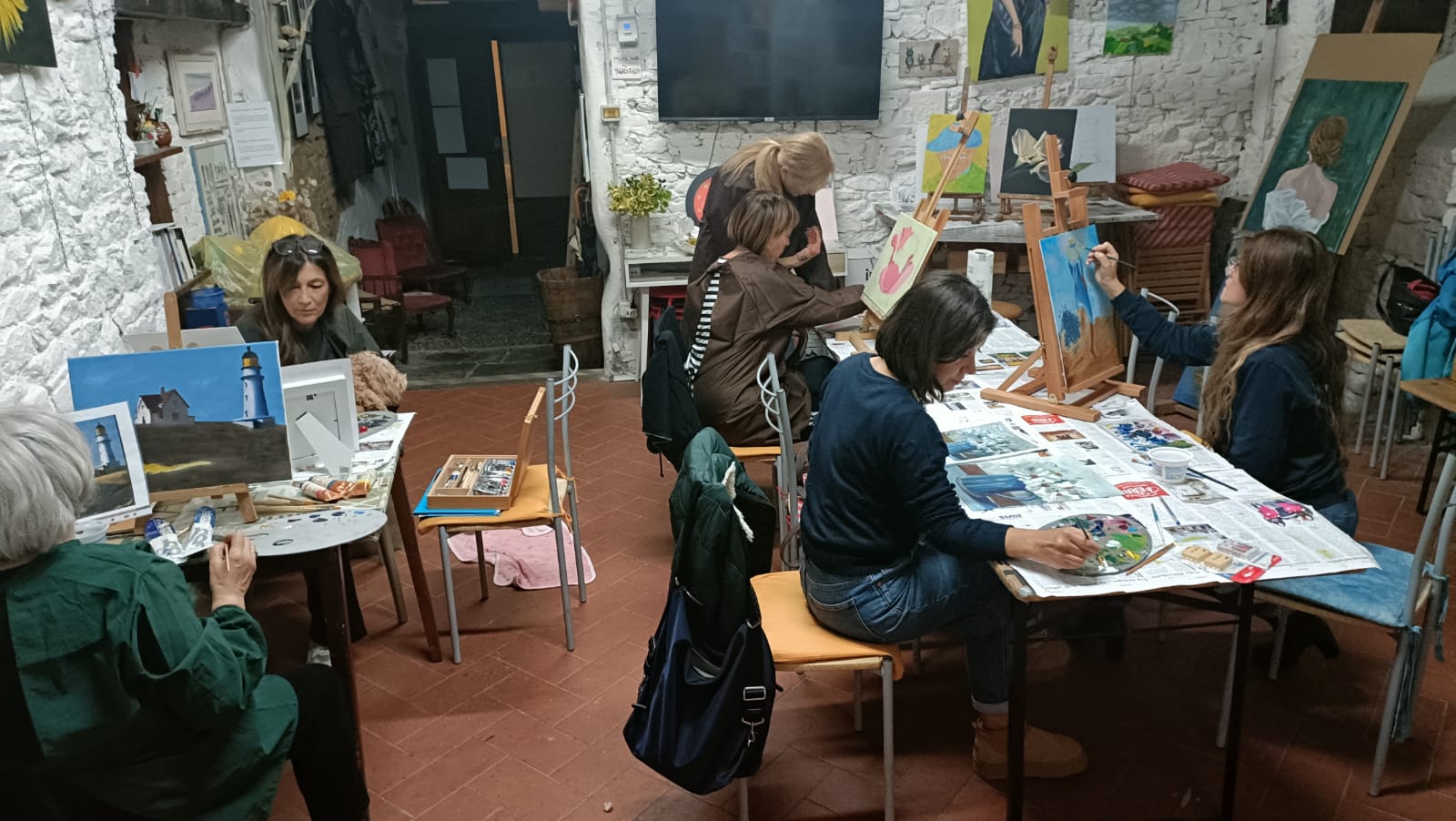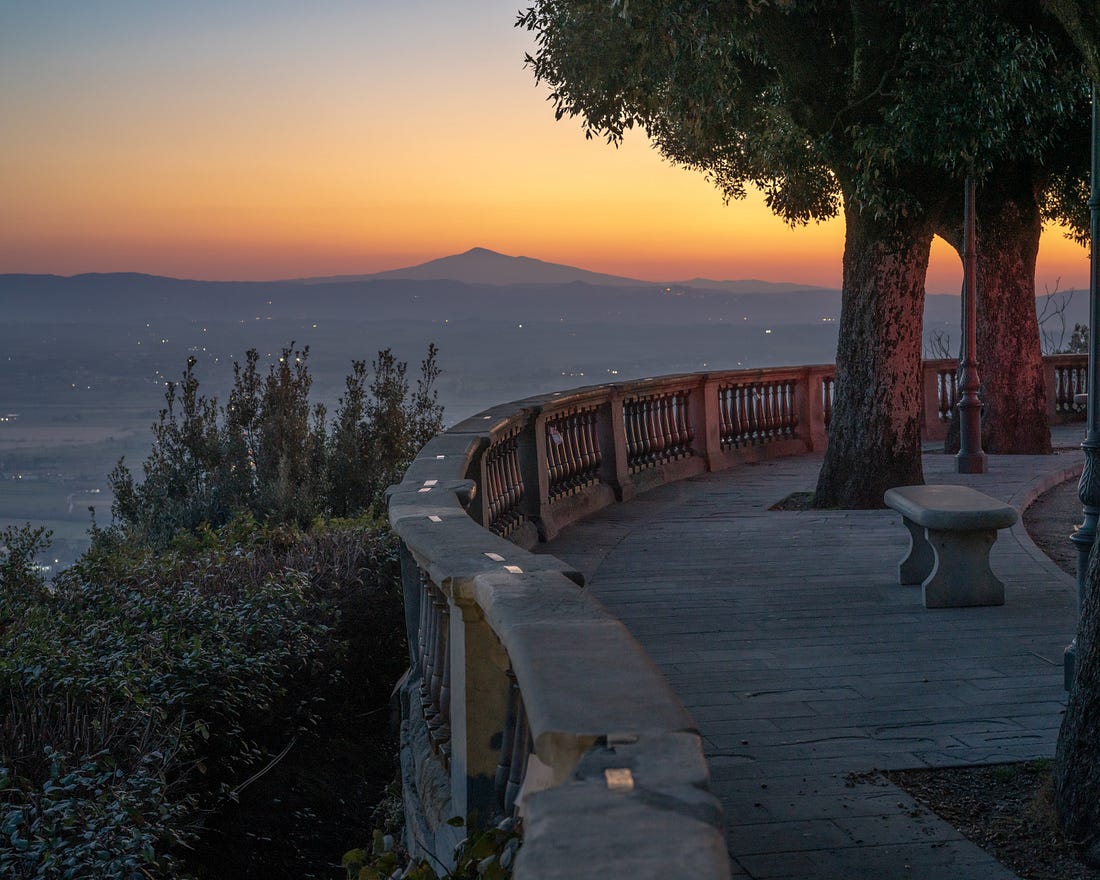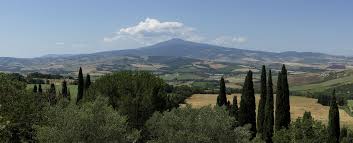Set in the northern Italian town of Ferrara before, during, and after the Second World War, The Novel of Ferrara by Giorgio Bassani brings together his six classic books, fully revised as a single volume by the author at the end of his life: Within the Walls, The Gold-Rimmed Spectacles, The Garden of the Finzi-Continis, Behind the Door, The Heron and The Smell of Hay.

Italian novels and short stories in English translation are not readily available outside the deservedly well-known works of such as Primo Levi and Lampedusa’s the Leopard. More recently, the four volumes of the Neapolitan Novels by Elena Ferrante have provided an absorbing read in translation. However the work of Giorgio Bassani is, with one notable exception, The Garden of the Finzi-Continis, much less well known to those wishing to read Italian novels and short stories in English. That gap has been splendidly filled by an English compilation in one attractively-produced volume of six of his separate works, two of them short stories, and published together under the above title. The first of these works was first published in 1956 and the last in 1972.
The chief and constant common denominator (as you may have guessed) is that each story and novel is centred upon the city of Ferrara where the author, born in 1916 into a Jewish family, lived for the first 27 years of his life before marrying and moving first to Florence and, at the end of the war, to Rome. Another common theme is the treatment of the Jewish people of Ferrara as the war clouds gathered and the racial laws were propounded and their grip progressively tightened. The Garden of the Finzi-Continis, the third of the six parts in this book, shows the storm clouds gathering almost unobserved above the heads of those principally affected. He does not gloss over the fact that many of the Jewish professional and business people of Ferrara had initially either seen no threat to them in Fascism or even hoped by becoming party members to avoid any harm to themselves. As this work makes clear, in that they proved to have badly miscalculated. Following the Italian surrender and the creation of the ”government” of Mussolini in exile at Salo, the tensions between still loyal Fascists and the emerging numbers declaring as socialists and partisans led to cruelty on both sides. A night in ’43 describes, in the understated fashion that characterises all this work, the night of 15 December in that year when eleven Ferrarese were taken and shot down by a Fascist murder squad aided by fellow citizens and the later efforts of those involved to exculpate themselves:
“The Liberation came, and finally Peace, and for many Ferrarese, for almost all of them, came the anxious need to forget.But can one forget? Is it enough to want to?“
In A Memorial tablet in Via Mazzini we learn that, after the Germans invaded Italy, they deported 183 members of the Ferrara Jewish community of whom only one returned. His return was however not an occasion of rejoicing but rather an embarrassing and then irritating public reminder to the city of all that had happened.
“If only that wreck, they would snort, would take himself off, would get the hell out of Ferrara!”
But Bassani does not hesitate to pillory also the partisans who have taken over the headquarters of the fascists, itself a former Jewish home, and are to be seen lolling outside it just like their predecessors. Or to poke fun at the wholesale renaming of streets and public places by the socialists who have come to power after the war and see such as a ready talisman of the changes they assert they will bring about.
Not all the works deal so directly with the fate of the Jewish population. The effect of societal changes brought about by the war, the rise of the working class and the growth of socialism and communism unsettle many of the bourgeoisie used to the old order and force them to reappraise their relative places in the world. The Heron, for example, describes a duck shooting expedition by someone who, it turns out, is reluctant/unable when he gets there to want to shoot at all and leaves it to his guide, a quietly disaffected example of the new order of workers, to bring down a large bag of birds. Including the heron which provides the title for this short novel. The detailed description of its shooting and slow death is at the same time horrid and compelling and is perhaps the most powerful passage to be found in the entire collection. No passage selected from it could do it justice.
As mentioned, the work comprising this collection dates from fifty or sixty years ago. It benefits however from a recent translation by James McKendrick which gives the prose a modern feel and which reads, as all good translations should, as though it were not a translation but written in the translated language. The accuracy of the translation is beyond my ability to judge but the prose as translated is both silky and luminous.
Those who invest in this collection will not I feel be disappointed. The individual elements can be bought separately by those wishing to dip in first. Both they and the collection are published by Penguin and most are available through Amazon.
As a postscript, the Jewish cemetery in Ferrara is mentioned in several of the works. Bassani died and was buried there in 2000.
TOP TEN FAVOURITE READS
Collected Stories William Trevor
Heart of Darkness Joseph Conrad
Madame Bovary Gustave Flaubert
Collected Stories Isaac Bashevis Singer
Roman Tales Alberto Moravia
A Time of Gifts Patrick Leigh Fermor
Alone in Berlin Hans Fallada
A Snail in my Prime (New & Selected Poems) Paul Durcan
Life and Fate Vasily Grossman
The Radetzky March Joseph Roth





